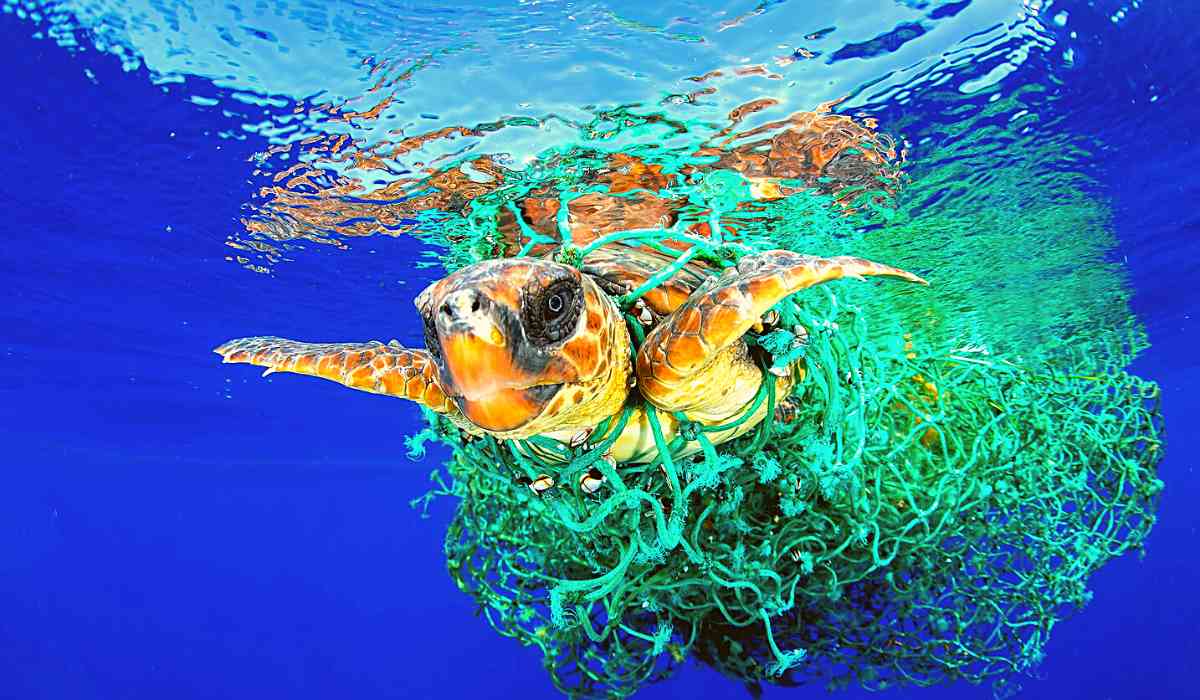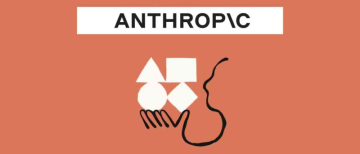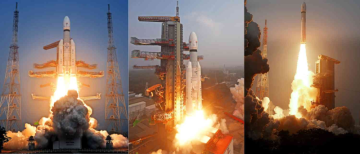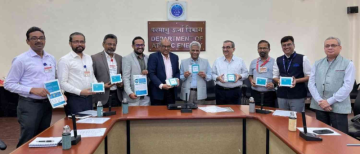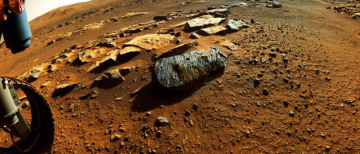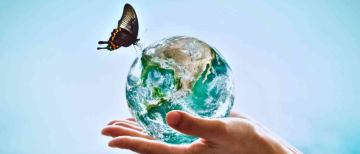According to the study, the top polluters in Asia were Coca-Cola, Perfetti van Melle, and Mondelez International brands. These brands accounted for 30% of all branded plastic pollution identified by volunteers throughout Asia. This year's brand audits in Asia follow a week-long cleanup and audit on the Philippines' Freedom Island in 2017, where Nestlé and Unilever were found to be the top polluters.
Coca-Cola, PepsiCo, and Nestlé were the most frequently identified companies across 42 countries and six continents in 239 cleanups and brand audits. Over 187,000 pieces of plastic trash were audited, revealing thousands of brands whose packaging is based on single-use plastics, which pollute our oceans and waterways worldwide. Coca-Cola was the most polluting company in the global audit, with Coke-branded plastic pollution found in 40 of the 42 countries that participated. This brand audit effort is the most comprehensive +snapshot of the world's worst plastic polluters.
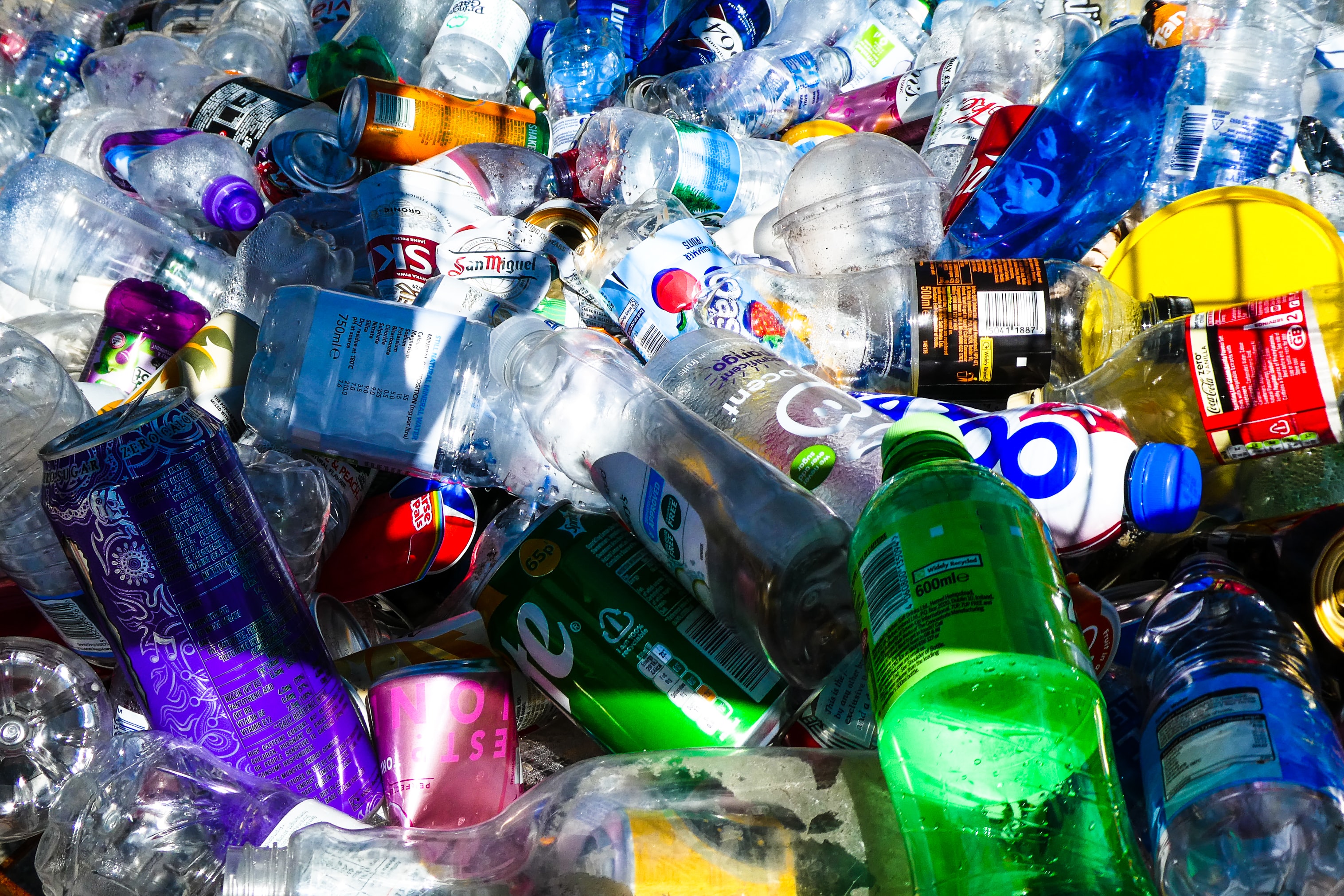
The most common multinational brands collected in cleanups were Coca-Cola, PepsiCo, Nestlé, Danone, Mondelez International, Procter & Gamble, Unilever, Perfetti van Melle, Mars Incorporated, and Colgate-Palmolive, in that order. This multinational company ranking only included brands found in at least ten of the 42 participating countries. Overall, the most common type of plastic found was polystyrene, which is not recyclable in most places, followed closely by PET, a material used in bottles, containers, and another packaging.
Coca-Cola, PepsiCo, and Nestlé brands were once again identified as the top polluters in Europe, accounting for 45 per cent of the plastic pollution discovered in audits there. In Australia, the top polluters were identified as 7-Eleven, Coca-Cola, and McDonald's brands, accounting for 82 per cent of the plastic pollution found. Finally, in Africa, ASAS Group, Coca-Cola, and Procter & Gamble brands accounted for 74% of plastic pollution.
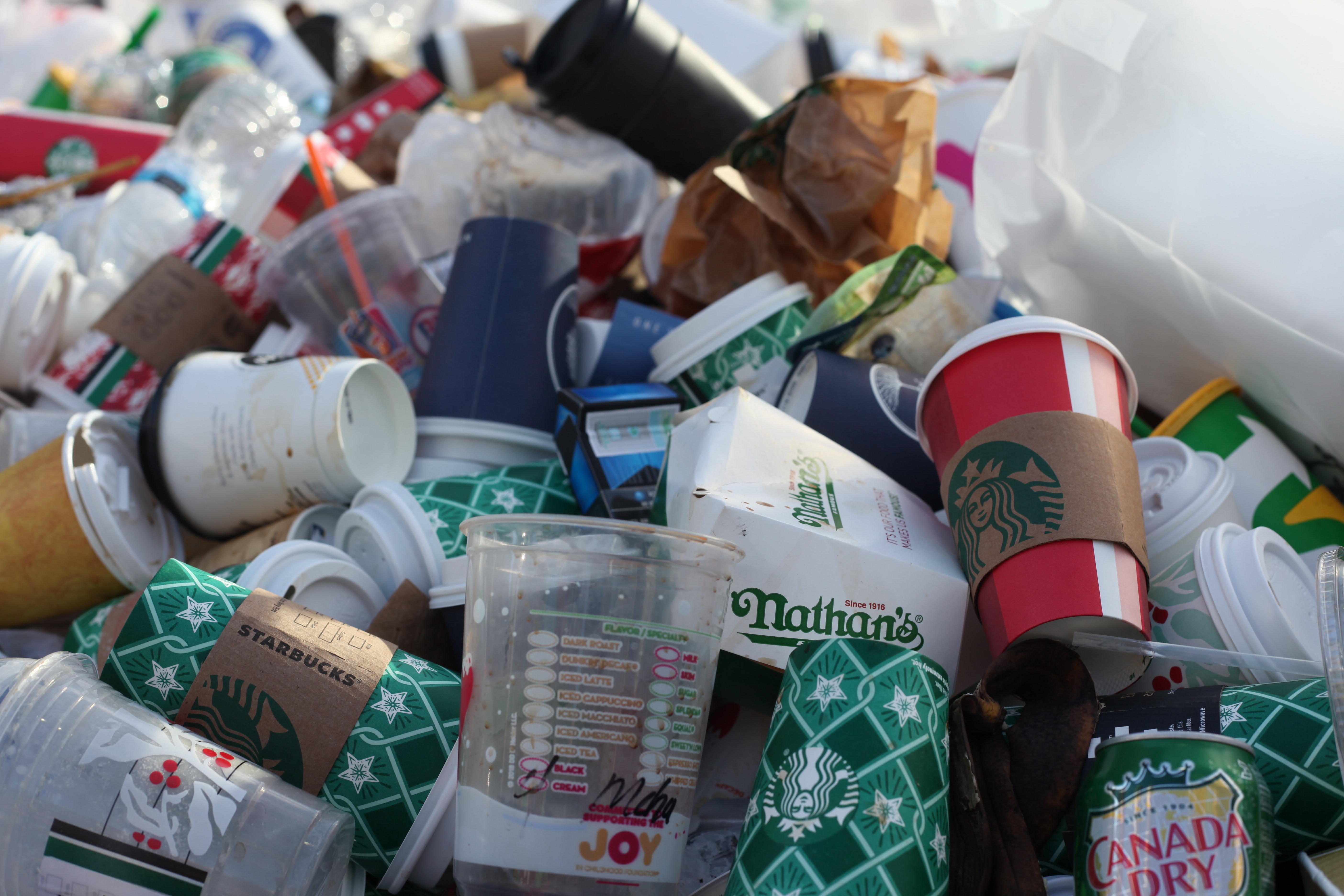
With corporations producing endless amounts of plastics that end up in the Indian Ocean, these brand audits are putting responsibility back where it belongs, said Griffins Ochieng, Programmes Coordinator for Kenya's Centre for Environment Justice and Development.
"We held cleanups and brand audits in two locations in Kenya to identify and hold accountable the region's worst corporate polluters." It is more important than ever to break free from plastic for the sake of communities that rely on the ocean for their livelihoods, health, and well-being.
Priestland is pleading with decision-makers to acknowledge the lack of industry initiative in addressing plastic pollution and to pass legislation that will promote reuse and discourage the use of packaging.
"Policymakers also need to intervene and send a strong message that plastic offsetting programmes and chemical recycling are not acceptable ways to address the plastic pollution crisis. The industry already has the solutions in many cases, according to her. "Exactly the kind of thing we need to see more of is Coca-universal Cola bottles in Latin America. These easily accessible, extensive reuse programmes are sadly all too uncommon.
As consumers increasingly demand more environmentally sustainable packaging solutions, big corporations must make more effort to eliminate unnecessary plastic, she concludes. If companies do not take urgent and ambitious action to reduce the number of single-use plastic items they produce, they are consigning our planet to a future drowning in plastic waste. Unfortunately, the Consumers know this and are increasingly voting with their wallets for low-plastic options, with more and more small companies stepping in to meet this need

